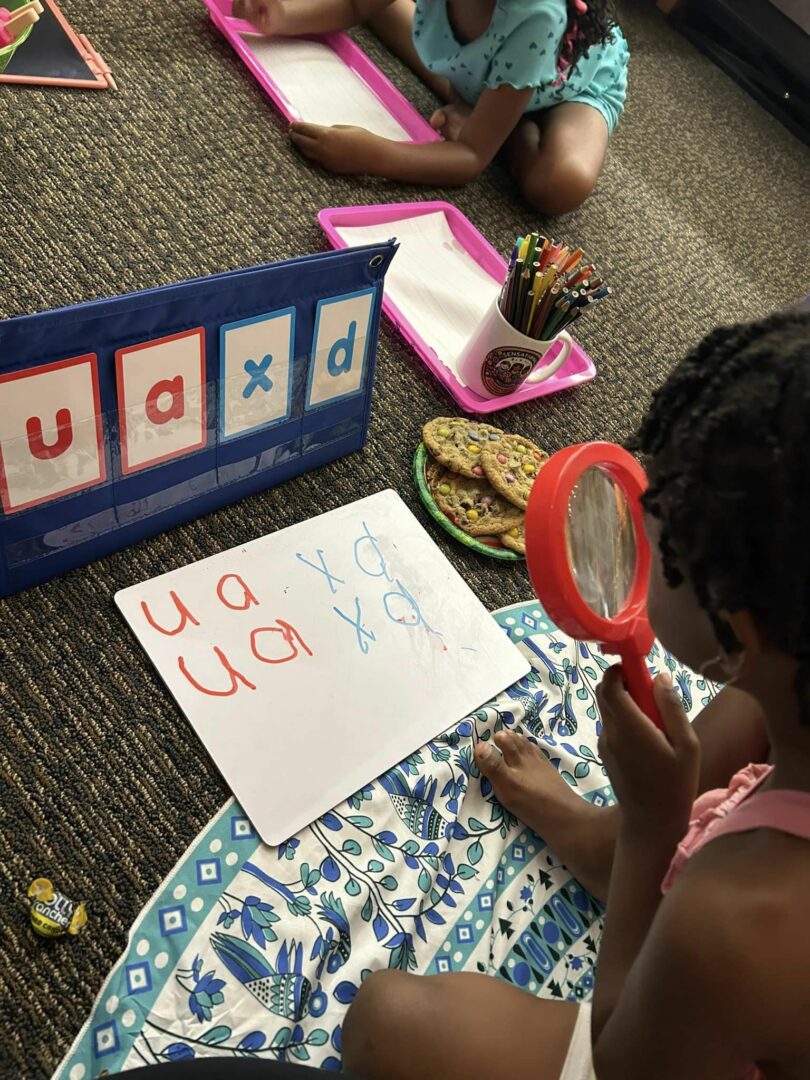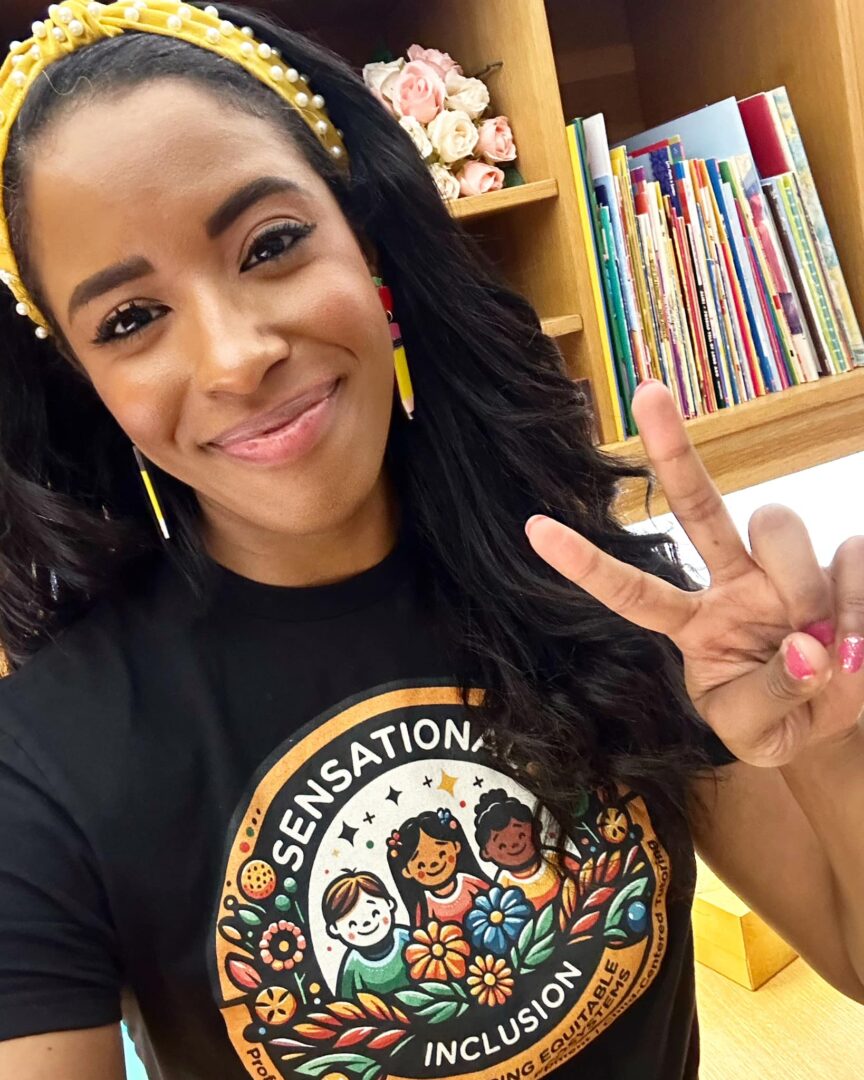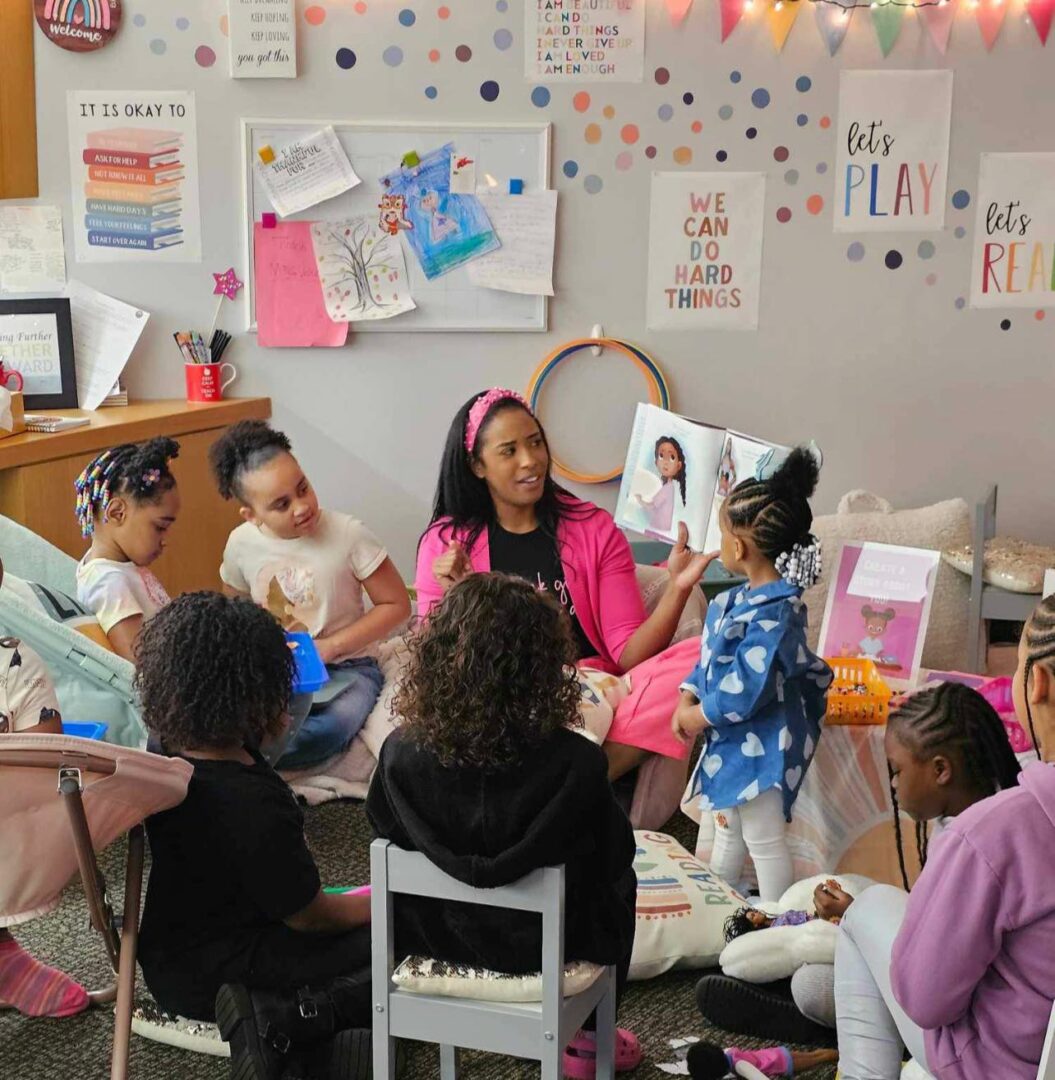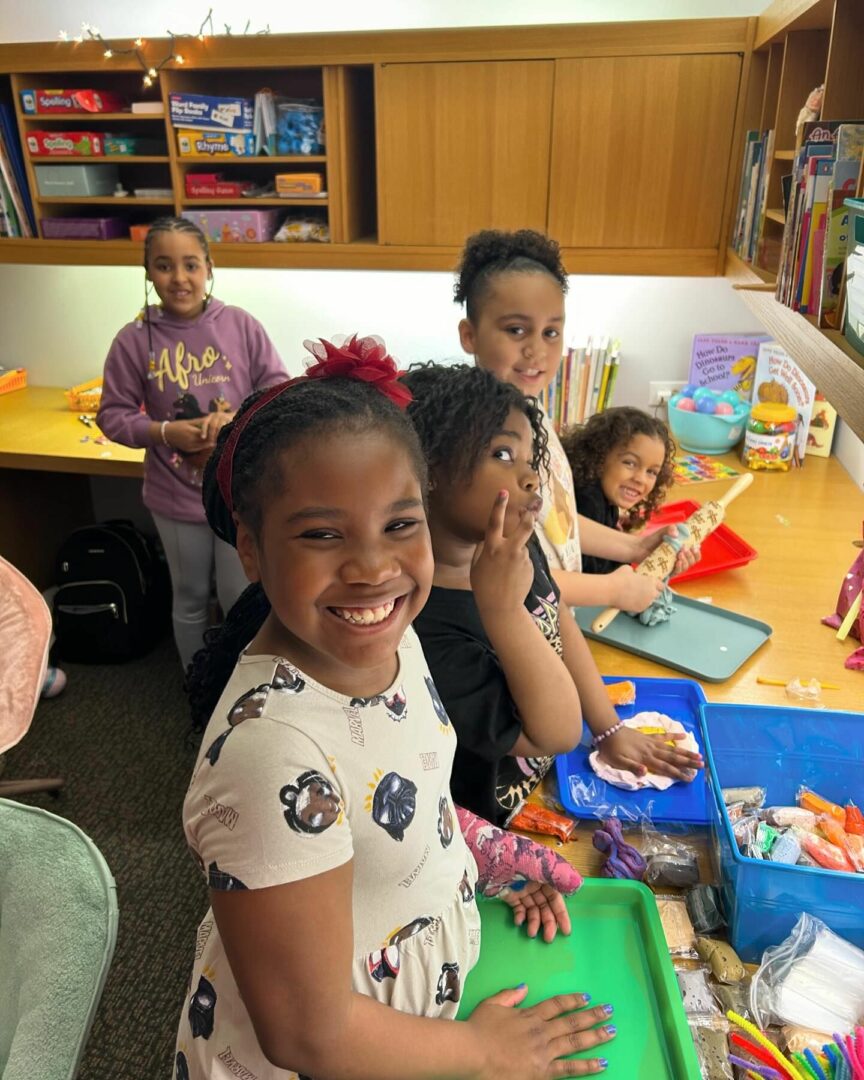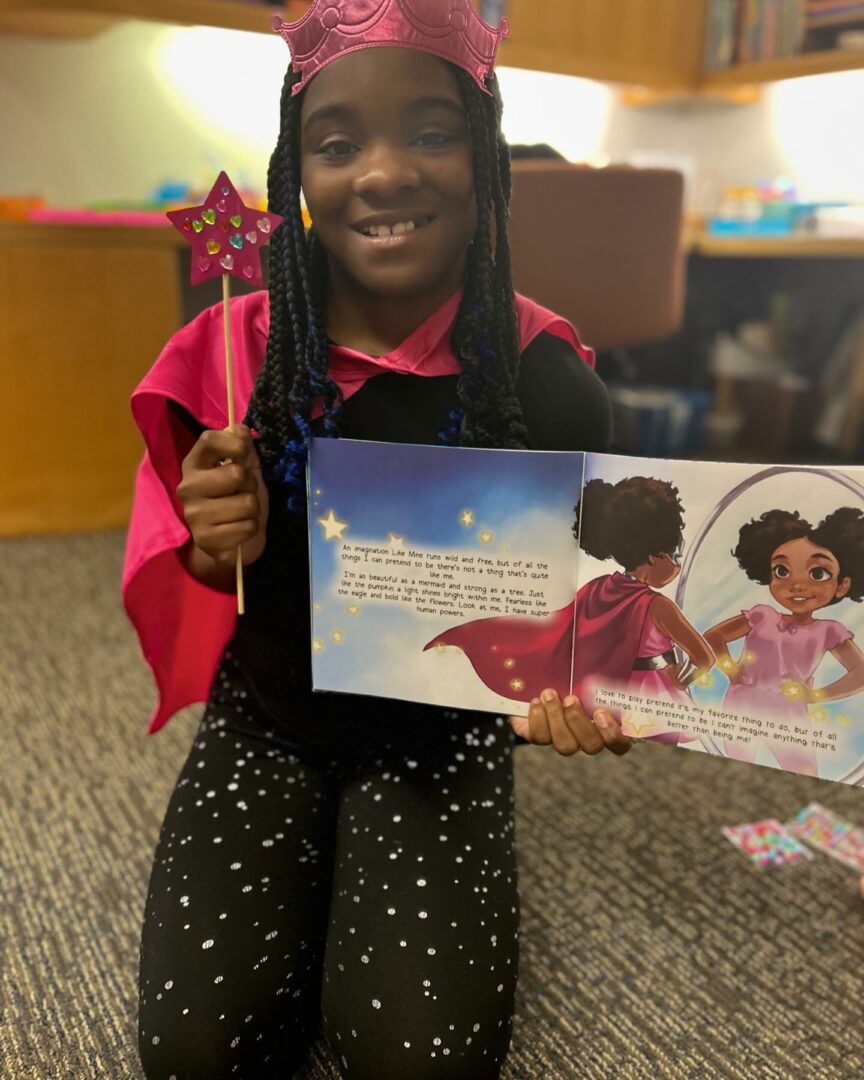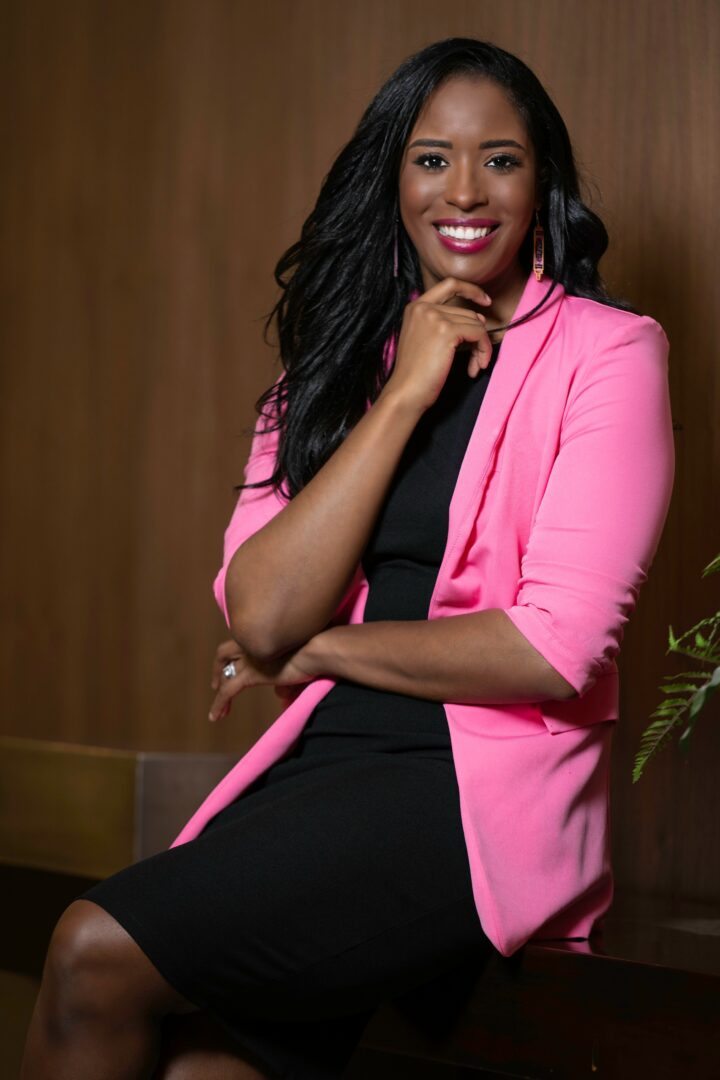We recently connected with Tyana Velazquez-Smith and have shared our conversation below.
Tyana, thank you so much for joining us today. Let’s jump right into something we’re really interested in hearing about from you – being the only one in the room. So many of us find ourselves as the only woman in the room, the only immigrant or the only artist in the room, etc. Can you talk to us about how you have learned to be effective and successful in situations where you are the only one in the room like you?
Being the only one in the room has been an experience that has shaped me from an early age. Growing up as one of the only Black girls in an entire school district, I was constantly reminded of my “difference” in ways that were both overt and subtle. The defining moment for me came when a teacher, with well-meaning ignorance, told me she couldn’t teach me because she had never had a Black student before. That statement wasn’t just about race—it communicated to me that I was somehow beyond her scope of understanding or ability, as though my very existence required a different kind of education that she felt unprepared for.
What I’ve learned through these moments, where I was not only the only Black girl but also different neurologically as an autistic person, is the importance of reclaiming my narrative. Early on, I realized that people often see difference as deficit, when in fact, my uniqueness became a source of strength, not a limitation. In those moments of isolation, I had to create my own internal dialogue, one that affirmed my genius rather than succumbing to the marginalization that others, sometimes unintentionally, placed on me.
There’s something powerful about standing in a room where no one looks like you or shares your experience—it forces you to become fluent in multiple languages, not just linguistically but socially and culturally. You learn how to adapt and navigate spaces where you don’t quite fit, while still preserving your sense of self. That teacher’s comment pushed me to recognize that her limitations didn’t define my capabilities. I sought knowledge outside the classroom and engaged in self-directed learning that didn’t wait for someone to feel “ready” to teach me.
As I’ve moved through life—through academia, through professional spaces, through leadership roles—I’ve come to realize that being the “only one” has given me a unique vantage point. It forces you to develop a level of criticality and intellectual depth that others, who have the privilege of seeing themselves reflected everywhere, might not need to cultivate in the same way. I’ve learned to approach situations with a sharp awareness of how power and privilege operate in the room, and this has allowed me to become more effective in my work, particularly in educational spaces.
Being effective in these rooms means refusing to shrink, even when every signal tells you to. It means embracing your full identity—racial, neurological, and otherwise—and using that to innovate and disrupt spaces that were never designed for you in the first place. I learned to center my narrative, drawing on both the emotional and intellectual labor that comes with being an outsider, to challenge and reshape those environments.
In education, especially in the work I do now, I think about how to cultivate spaces where students—particularly Black, neurodivergent, disabled, and marginalized students—don’t have to feel the isolation I did. I work to create neurodiverse-affirming spaces that honor every student’s brilliance, where being “different” isn’t something to overcome but something to celebrate and nurture. This is how I’ve learned not only to survive in rooms where I’m the only one but to thrive and bring others with me into that thriving.
In every room where I’m the only one, I bring the fullness of my experience—academic, personal, and historical—and that has taught me the value of making space for others. My success lies not just in my ability to navigate those spaces, but in my commitment to opening doors for those who will come after me, so they won’t be the only one in the room.
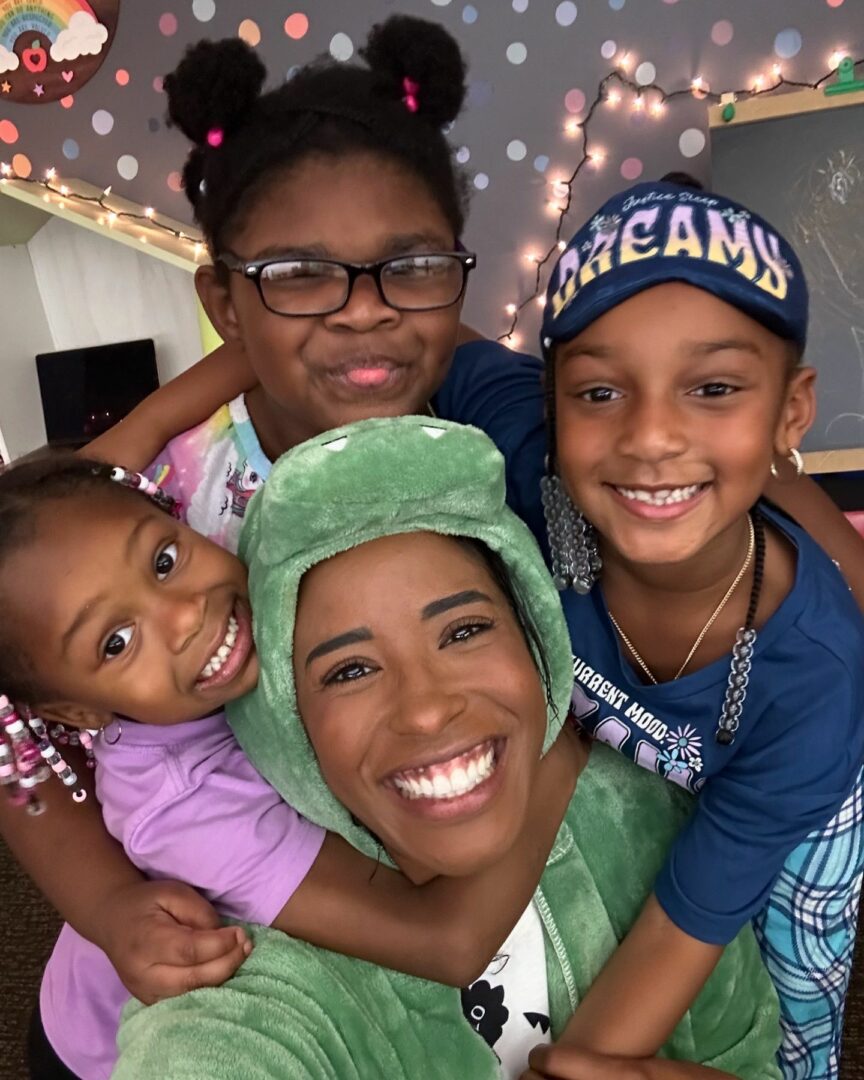
Appreciate the insights and wisdom. Before we dig deeper and ask you about the skills that matter and more, maybe you can tell our readers about yourself?
hank you for asking! I’d love to share a bit about my journey and the work I do.
I am the Founder and CEO of Sensational Inclusion, an educational consulting company that creates neurodiverse-affirming learning spaces, where children—particularly those who are neurodivergent, disabled, or have been traditionally marginalized—can thrive. As a Neurodiverse-Affirming & Equity-Centered Early Childhood Educator, my work focuses on fostering environments that embrace and celebrate every child’s unique genius. We challenge traditional educational models by centering play-based learning as a primary method for growth and skill development, especially in literacy.
What excites me most about my work is seeing how children light up when they are met with spaces designed for them, not ones they have to fit into. Play-based learning allows children to engage deeply with the world around them, unlocking new ways of understanding language, literacy, and communication in ways that are affirming to their identities. I believe that every child deserves a learning environment where their differences aren’t just accommodated but celebrated.
One of the things I’m proud of is the expansion of my Sensational Minds After-School Program, which is rooted in the same neurodiverse-affirming principles. The program offers an exploratory and play-centered approach to literacy, allowing children to connect what they are passionate about with reading and writing in a way that is meaningful to them. We use special interests as a bridge to engage children in deeper learning, whether it’s through creative expression, storytelling, or role-play.
Looking forward, I’m also working on hosting sensory-friendly events that create safe, joyful spaces for neurodiverse children and their families. These events are designed to foster community, while also ensuring that children’s unique sensory needs are met in ways that are inclusive and fun.
In everything I do, I’m driven by the belief that equity in education begins with understanding the whole child and creating systems that support them in ways that are natural to their development. Sensational Inclusion is more than just a business—it’s a movement toward an education system that affirms every child’s right to learn in spaces that truly honor who they are.
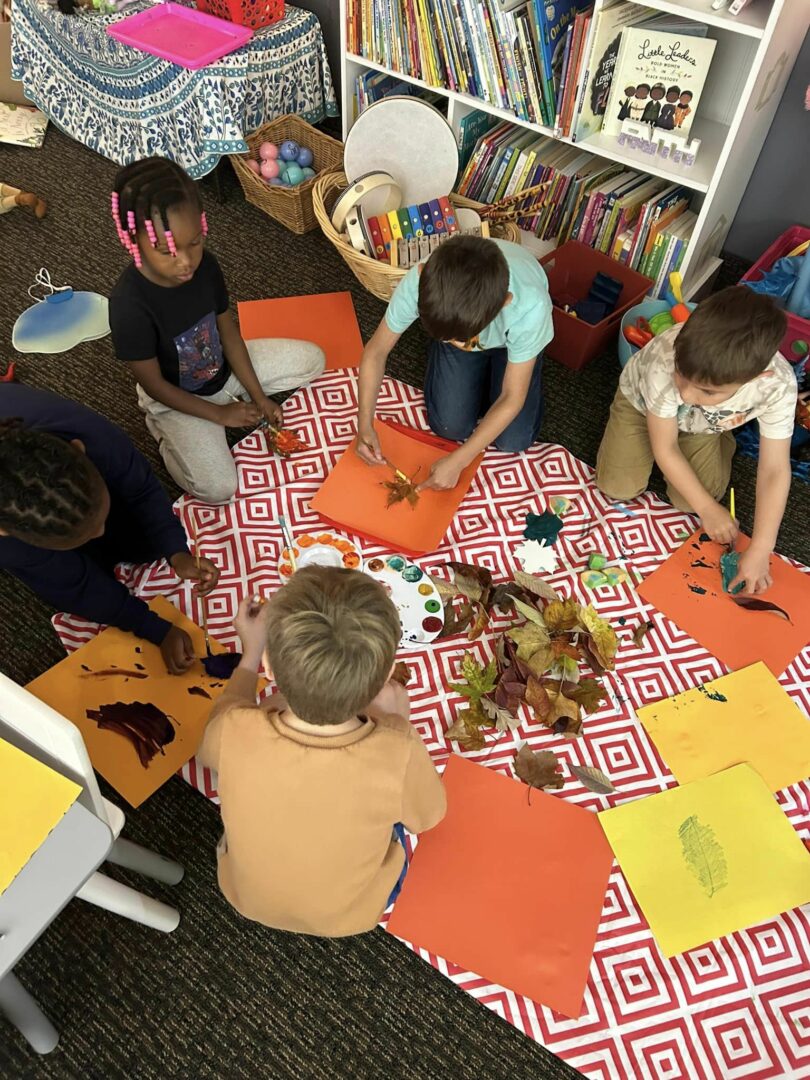
Looking back, what do you think were the three qualities, skills, or areas of knowledge that were most impactful in your journey? What advice do you have for folks who are early in their journey in terms of how they can best develop or improve on these?
Looking back on my journey, three key qualities have shaped not only my success but also my ability to navigate spaces that weren’t always built for me: empathy for myself, critical self-awareness, and the ability to create affirming spaces. Empathy for myself has been essential. As a young Black girl in a predominantly white school district, and later as an autistic individual in systems that often didn’t account for my needs, I learned early on that the world could be unkind. One moment that stands out was when a teacher told me she didn’t know how to teach me because I was her first Black student. These experiences could have easily made me harden myself or push through without pause, but instead, I’ve chosen to extend kindness to myself in a way the world often does not. This means offering myself patience, grace, and understanding, recognizing that the journey is mine to move through at my own pace. Practicing this kind of empathy has allowed me to keep moving forward without feeling like I constantly need to prove my worth to others.
Critical self-awareness has also been a powerful tool throughout my journey. In environments where I often found myself misunderstood, I had to develop a deep understanding of who I am—my strengths, my learning style, and how my identity as a Black, neurodivergent woman shaped the way I saw and moved through the world. For instance, as an autistic person, I recognized that I process information differently, and I used this knowledge to create learning environments that were affirming to my needs. This awareness gave me the clarity and confidence to make decisions that honored who I was, even when the world around me didn’t always understand. I encourage others to cultivate this kind of self-awareness early on. Knowing who you are and how your lived experiences shape your perspective can be transformative in navigating both personal and professional spaces.
The third quality, creating affirming spaces, has been central to both my personal journey and my work. I’ve spent much of my life being the “only one” in the room—whether as the only Black student or as a neurodivergent individual—and I know how vital it is to feel seen and valued. In my classrooms and in the after-school programs I lead, I strive to create spaces where every child, particularly neurodiverse and marginalized students, feels validated and celebrated. It’s not enough to just make room for differences; we must actively create spaces where those differences are honored and nurtured. For those early in their journey, I would encourage them to think deeply about how they can foster environments where everyone feels safe to bring their full selves. Doing so not only uplifts others but also builds a stronger sense of community rooted in inclusivity and authenticity.
These three qualities—empathy for myself, critical self-awareness, and creating affirming spaces—have been the foundation of my journey. They’ve allowed me to thrive in spaces that weren’t necessarily made for me, and I believe they can empower others, especially those who are often viewed as “different,” to navigate their paths with confidence and purpose.
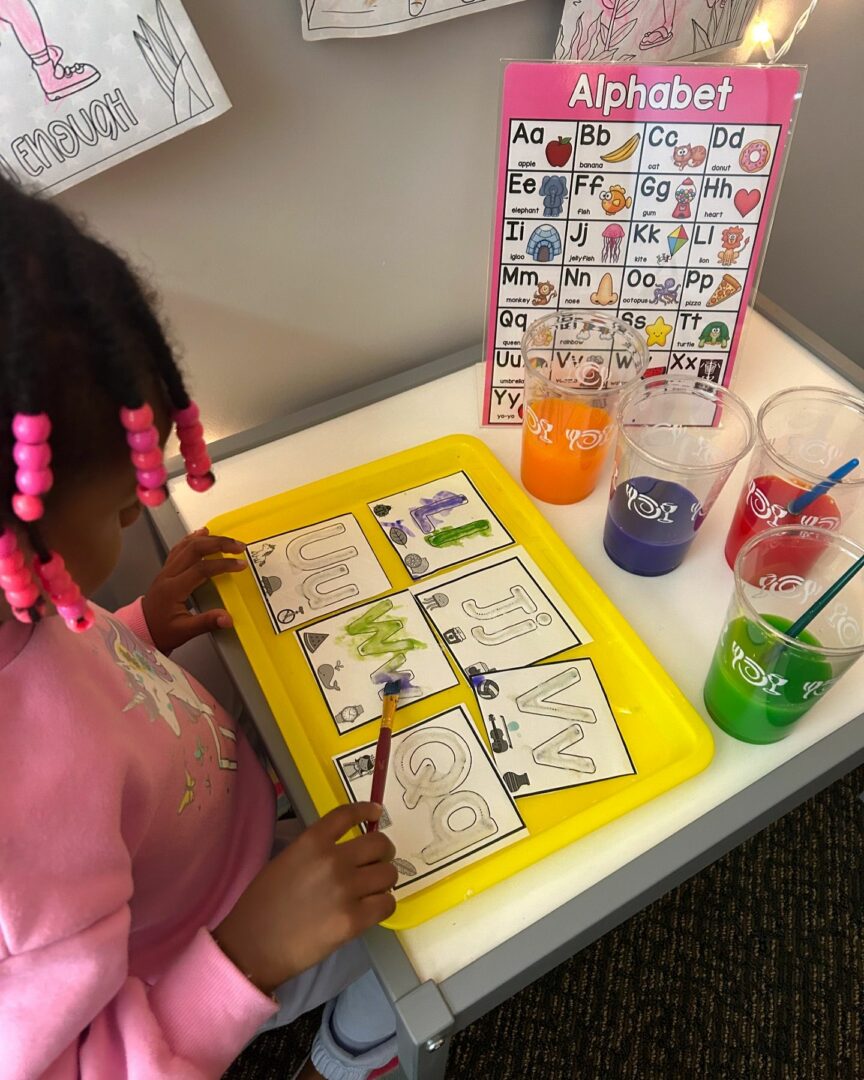
Awesome, really appreciate you opening up with us today and before we close maybe you can share a book recommendation with us. Has there been a book that’s been impactful in your growth and development?
One book that has played a significant role in my development is Becoming by Michelle Obama. This book resonated with me on multiple levels, especially as a Black woman navigating spaces that weren’t always designed for people like me. One of the most valuable lessons I took from Becoming is the importance of owning your story. Michelle Obama’s journey from the South Side of Chicago to the White House reminded me that we all carry our unique experiences, and those experiences are what shape our power, resilience, and identity. She never shied away from the complexities of her life, and that transparency inspired me to embrace my own narrative with confidence.
Another impactful nugget of wisdom is her deep commitment to service and using her platform to uplift others. As someone who works in education and advocacy, this message resonated with me profoundly. It reminded me that success isn’t just about personal achievement, but about how we can create pathways for others—especially those who have been historically marginalized—to succeed as well. Lastly, her emphasis on constantly evolving and “becoming” resonated deeply with my own journey of growth, learning, and self-acceptance. The idea that we are always growing, that we don’t have to fit into static definitions of success, really shaped the way I approach both my personal and professional life.
Becoming didn’t just offer wisdom; it felt like a mirror reflecting the complexities of my own experiences, and it pushed me to continue growing into the person I’m meant to be. And, as part of manifesting this journey, I’m looking forward to the day I get to have coffee with Michelle Obama herself—a moment that will undoubtedly be a full-circle experience.
Contact Info:
- Website: sensationinclusion.com
- Instagram: sensational_inclusion
- Facebook: Sensational Inclusion
- Linkedin: Tyana Velazquez-Smith
